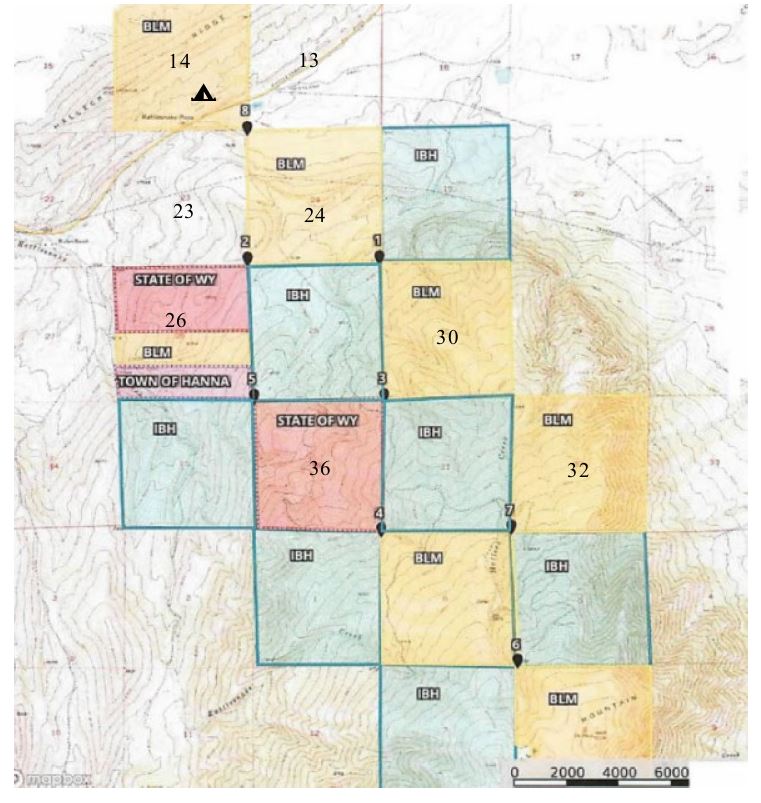Today the Supreme court accepted the petition for review in Boerschig v. Rio Grande Electric Cooperative, No. 24-0213, a case in which the trial court granted an easement by estoppel based on a jury verdict.
In 2002 Boerschig purchased the 6,397-acre U-Bar Ranch. At the time there was a 1.6 mile distribution line with wooden poles carrying four wires, constructed in 1947. Boerschig was unable to locate any recorded easement for the line.
In 2012 RGEC bulldozed the 1947 line and began construction of a new line with more, larger poles carrying seven wires, for a new compressor station to be operated by Lone Star NGL Pipeline. Boerschig objected to the line, and litigation followed. After a jury trial, the jury found that RGEC failed to obtain a prescriptive easement, but that it did acquire an easement by estoppel, and that the new line constructed by RGEC was within the scope of that easement. The trial court rendered judgment on the verdict and awarded RGEC its legal fees.
 Oil and Gas Lawyer Blog
Oil and Gas Lawyer Blog


